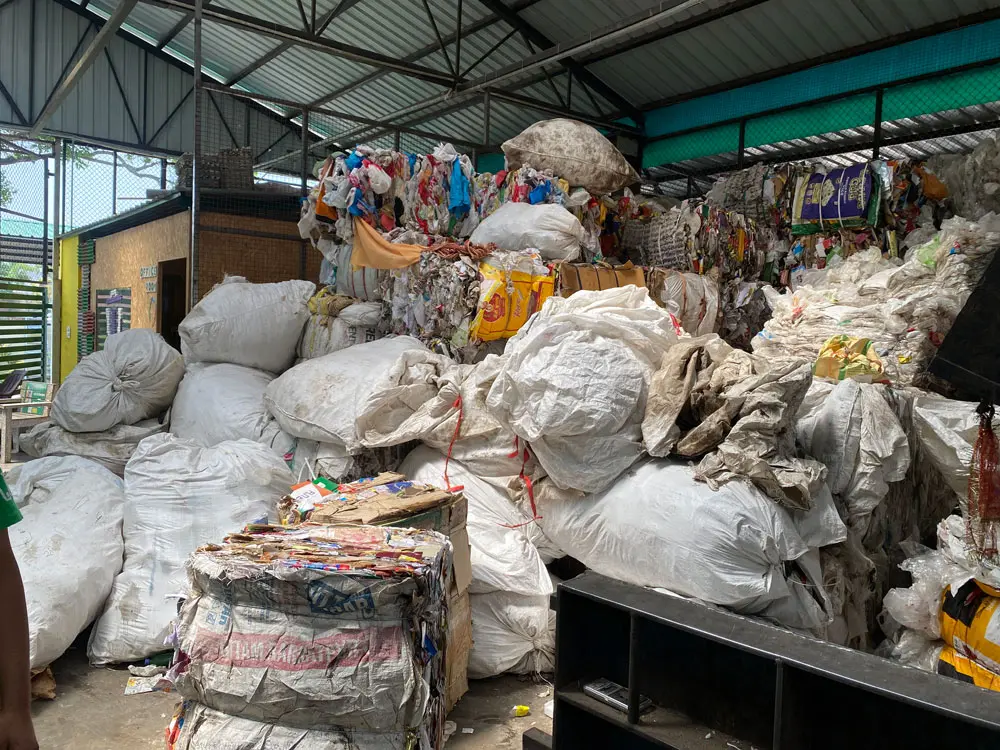
The project encompasses a diverse array of stakeholders, including community households, commercial establishments, academic institutions, informal waste sectors, and green workers. Collaborating with key stakeholders such as the Municipal Corporation, Ward Council and Forest Department, help the organisation drive the much-needed impactful change.
Working through a holistic four-pronged strategy, including Information, Education, and Communication (IEC) and community activation, the program conducts a door to door waste collection management initiative to 2000 households as a model program. After which the collected and segregated waste is transported to Material Recovery Facilities (MRFs). Through targeted interventions such as awareness programs, active citizen engagement, and strategic installations of supply chain and infrastructure, it empowers communities to embrace responsible waste management practices disrupting the environment is very hazardous ways in the Himalayas. Moreover, By channelling collected waste to MRFs for processing, it mitigates harmful carbon and methane emissions, contributing to climate change.
Harnessing the power of community engagement, technological innovation, and government convergence, the model centre initiative lays the foundation for a cleaner, greener, and more resilient future for Uttarakhand and all other states of India to follow.

